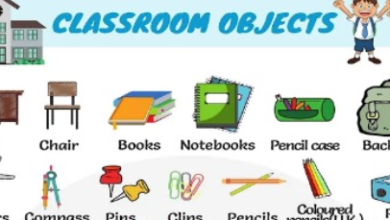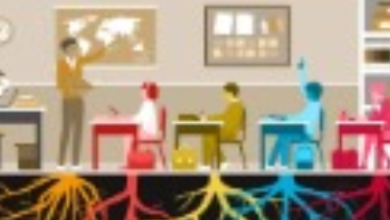“Navigating Conflict: Cultivating Interpersonal Skills Among Today’s Students”

In my extensive tenure as a higher education leader, I’ve encountered today’s students as some of the most resilient and exceptional individuals. Despite grappling with unprecedented challenges, they remain driven, optimistic, and poised to effect positive change.
READ: OAS to Step in as Mediator in Guatemala’s Power Transition Crisis
Interpersonal Skills
However, amidst their remarkable attributes, a pressing concern looms: the capacity to effectively manage conflicts. While the pandemic has disrupted traditional learning, it has also impeded the development of crucial interpersonal skills vital for communal living and collaboration. This deficiency manifests in heightened conflicts among students on college campuses, reflecting a broader societal trend.
The confluence of several factors has contributed to this predicament. The isolation imposed by the pandemic has deprived young people of essential social interactions, hindering the cultivation of social acuity and relationship-building skills. Moreover, an overreliance on digital communication channels and parental intervention has stunted students’ autonomy and problem-solving abilities.
Additionally, the erosion of societal norms, exacerbated by the anonymity and divisiveness of social media, has fostered confrontational attitudes and echo-chamber mentalities. The lack of constructive discourse among prominent figures further exacerbates this trend, setting a concerning precedent for younger generations.
To address this challenge, proactive measures are imperative. Leading by example, educators and mentors must promote civil dialogue and debate, instilling in students the value of respectful engagement and active listening. Providing training in conflict resolution and mediation equips students with essential skills to navigate disagreements constructively and independently.
Furthermore, fostering intentional collaboration around shared interests encourages meaningful interactions beyond virtual realms, fostering a sense of community and inclusivity. Initiatives promoting public service and civic engagement offer students opportunities to interact with diverse perspectives while working towards common goals, fostering empathy and understanding.
As stewards of education and civic responsibility, we must redouble our efforts to equip students with the tools necessary to navigate conflicts with confidence and empathy. By fostering a culture of respectful dialogue and inclusive engagement, we empower future generations to bridge divides and contribute positively to society’s collective well-being.






